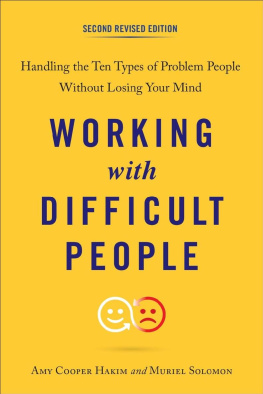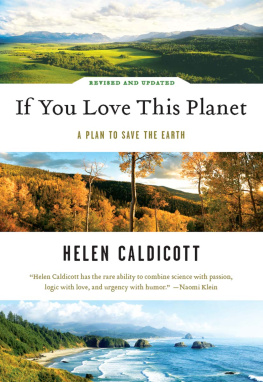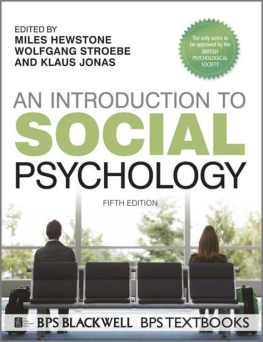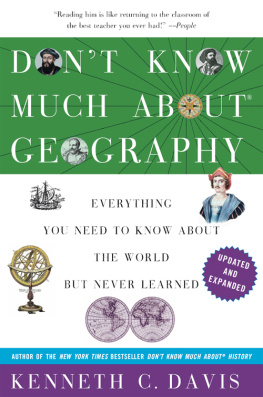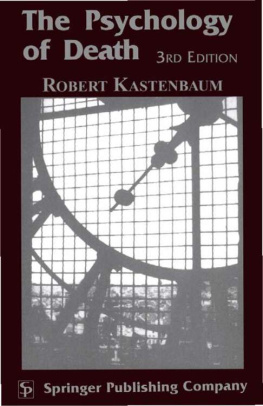Niki Harré - Psychology for a Better World : Working with People to Save the Planet. Revised and Updated Edition.
Here you can read online Niki Harré - Psychology for a Better World : Working with People to Save the Planet. Revised and Updated Edition. full text of the book (entire story) in english for free. Download pdf and epub, get meaning, cover and reviews about this ebook. year: 2018, genre: Politics. Description of the work, (preface) as well as reviews are available. Best literature library LitArk.com created for fans of good reading and offers a wide selection of genres:
Romance novel
Science fiction
Adventure
Detective
Science
History
Home and family
Prose
Art
Politics
Computer
Non-fiction
Religion
Business
Children
Humor
Choose a favorite category and find really read worthwhile books. Enjoy immersion in the world of imagination, feel the emotions of the characters or learn something new for yourself, make an fascinating discovery.

Psychology for a Better World : Working with People to Save the Planet. Revised and Updated Edition.: summary, description and annotation
We offer to read an annotation, description, summary or preface (depends on what the author of the book "Psychology for a Better World : Working with People to Save the Planet. Revised and Updated Edition." wrote himself). If you haven't found the necessary information about the book — write in the comments, we will try to find it.
Niki Harré: author's other books
Who wrote Psychology for a Better World : Working with People to Save the Planet. Revised and Updated Edition.? Find out the surname, the name of the author of the book and a list of all author's works by series.
Psychology for a Better World : Working with People to Save the Planet. Revised and Updated Edition. — read online for free the complete book (whole text) full work
Below is the text of the book, divided by pages. System saving the place of the last page read, allows you to conveniently read the book "Psychology for a Better World : Working with People to Save the Planet. Revised and Updated Edition." online for free, without having to search again every time where you left off. Put a bookmark, and you can go to the page where you finished reading at any time.
Font size:
Interval:
Bookmark:
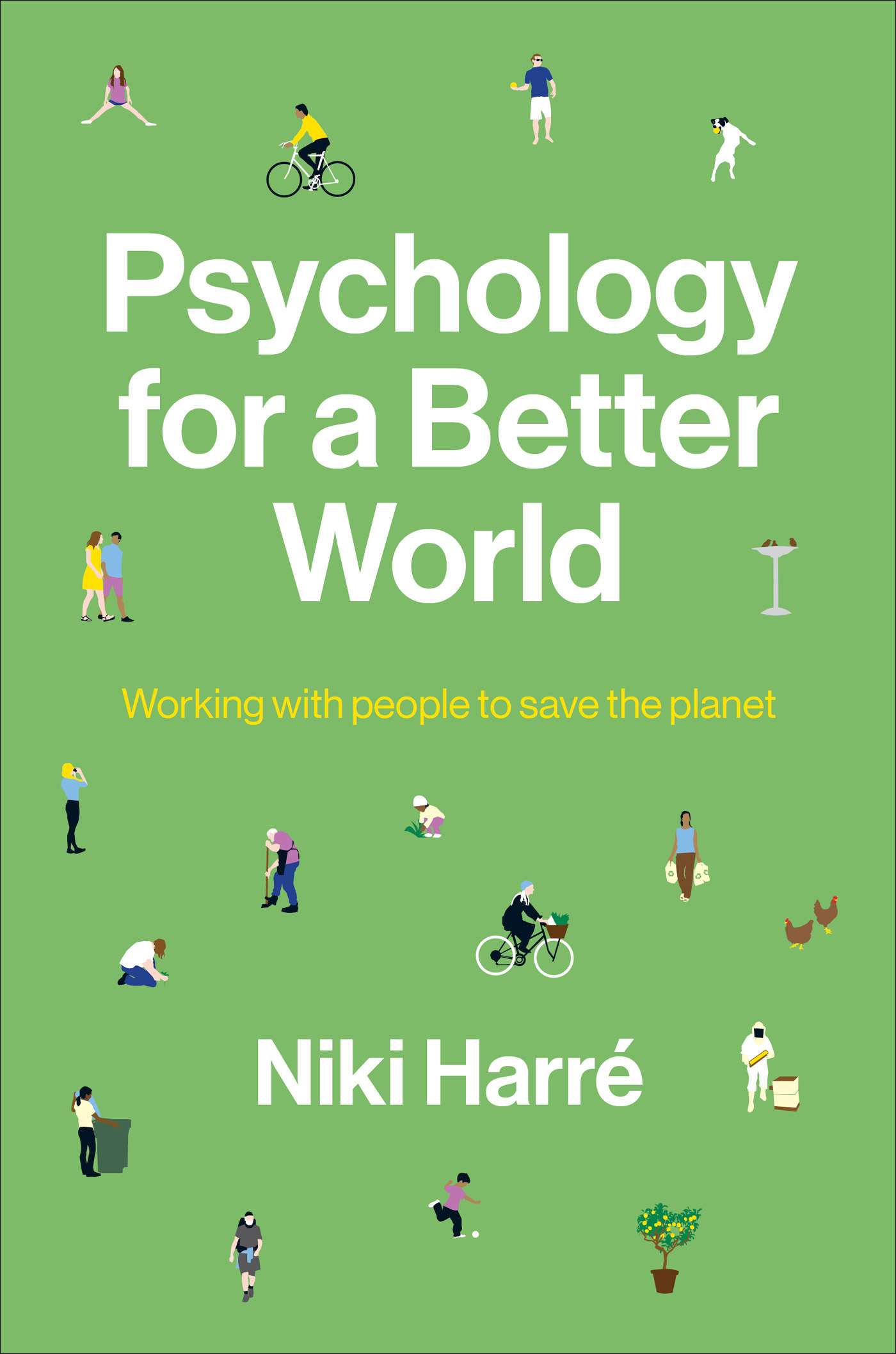
I strongly recommend Niki Harrs book for all community-minded academics and advocates who are curious about how to apply psychological theory and research to address real-world concerns.... The entire text is derived from research clearly and artfully presented in the form of case examples and stories. Harrs writing flows seamlessly, from how to frame your thinking about sustainability to tips on building a movement. Judah Viola, Global Journal of Community Psychology Practice
A sensational book by a visionary psychologist and thinker. Pam Corkery, broadcaster
Harr manages to navigate the complexities of moral psychology with admirable ease and insightful purpose balancing the objective of scientifically informed political advocacy with her own struggles to be the change she wants to see in the world. This book should inspire. Professor Thomas Suddendorf, author of The Gap: The Science of What Separates Us from Other Animals
Harrs book remains an excellent resource for activists, psychologists, sustainability advocates, and indeed anyone who cares about sustainability and understands the urgent need for action and change. Susan Burke, The Australian Community Psychologist
This book is a great introduction to the psychological literature on motivation and change for newcomers to advocacy. It could be an excellent tool for new organizers, as well as for teachers, university professors, or anyone who works to develop new leaders in environmental advocacy. Allison Eady & Manuel Riemer, Community Practitioner
If sustainability is to work, it needs to become a way of life. This book tells you how. If you believe in a better world or are flirting with sustainability, this may be the addition your library is waiting for. Tomas Pernecky, Ph.D, AUT University
Working with people to save the planet
Niki Harr

To my mother, Charmian Harr (19382000)
Its not about the problem
Positive strategies
Sustainability advocates are people too
How the book works
The secret of positive emotions openness, creativity, cooperation and hope
The role of anger, fear and sadness
Getting the balance right
Flow, the key to commitment
Lessons for inspiring sustainability
Modelling, imitation and mirror neurons
Using the power of social norms
How behaviour spreads through social networks
The role of stories
Self-modelling
Lessons for inspiring sustainability
Identity as doing, belonging and self-worth
The role of outsiders
Identity as a way to see the world
When worldviews clash
Place-based identities
Working with allied groups
The case of Minority Mary
Lessons for inspiring sustainability
How people decide what is right and wrong
The role of reason, culture, instinct and emotion
The importance of avoiding harm and being fair
Morality in communities
Maintaining cooperation
Morality and the natural world
Lessons for inspiring sustainability
Levels of action
The personal, the group and the political
How to be a sustainability advocate and care for yourself and those around you
Together we are there
I wrote this book for people (like me!) who believe it is worth trying to make a better world in which both our species and the ecological systems we are part of can flourish. We may think the problems we face are a simple truth and it is blatantly obvious that business as usual wont work for much longer. But in any human system, its not just about who is right, it is also about who can inspire people to join them. This book contains numerous strategies for making (more) sustainable practices and policies irresistible, or at least tempting, to those around you. Its about getting human and ecological flourishing on the agenda at every level, and in every corner, of society. Its for the teacher who updates her class on the latest climate-change negotiations, the office manager who buys fair-trade coffee, the student who cannot accept that our current way of life is the best we can do, the politician who argues for ambitious greenhouse gas emissions targets, the builder who suggests his clients install solar panels, the mother who refuses to provide take-home bags of plastic toys at the end of her childs birthday party, the biologist who wants to preserve the habitat of an endangered animal, the city councillor who lobbies for cycle lanes. Whatever your social location, if you believe a more sustainable world is possible and desirable, then this book is intended for you.
I am an academic psychologist and the strategies I propose are based on the latest research and theory in psychology. The first edition of this book was published in 2011. Much of the research has moved on since then, and the current edition has been updated in line with the latest evidence (and the latest controversies!). Instead of simply summarising the implications of various studies, Ive gone into depth from time to time to provide a sense of how the research was conducted, and to allow you to draw your own conclusions. In this way, I hope to offer you new ways to think about how people interact in social settings, why we usually stick with what we know, and how the same characteristics that currently keep us hooked into unsustainable practices can be used to move us forward.
I will be using the term sustainability a lot in this book, so lets get this straight from the beginning: my definition of sustainability focuses squarely on preserving and enhancing the life systems on our planet, including people. This book is not about sustaining institutions, profits, or our way of life. These are assumed to be negotiable if they compromise human and ecological flourishing. I focus mainly on environmental issues, but almost everything I discuss applies to social issues too the two go hand in hand.
Throughout the book, I treat sustainability as a collective, social enterprise aimed at new ways of managing ourselves. This emphasis is different from most debates about the current state of our planet and its people, which focus on the problem. Unfortunately, this problem-based approach tends to invalidate actions that see the problem differently. Perhaps youve responded to movements such as Conscious Consumers, Fairtrade or Meatless Monday, all of which suggest that what you buy and eat pushes change from the ground up? Perhaps you turned out your lights for Earth Hour? Merely symbolic, the cynics say its not as if you saved a significant amount of energy by doing so.
Ive been at meetings where the focus is on making changes to the built environment, removing any need for people to be involved. Automatic lights and passive heating are presented as solutions to a primarily technical problem. On the other hand, Ive heard people vehemently oppose technical solutions as if they are a capitalist plot to make money out of our impending planetary disaster, with the only solution being a complete overthrow of our greedy ways.
What it comes down to, is if you are too focused on the view that sustainability is a particular kind of problem
Font size:
Interval:
Bookmark:
Similar books «Psychology for a Better World : Working with People to Save the Planet. Revised and Updated Edition.»
Look at similar books to Psychology for a Better World : Working with People to Save the Planet. Revised and Updated Edition.. We have selected literature similar in name and meaning in the hope of providing readers with more options to find new, interesting, not yet read works.
Discussion, reviews of the book Psychology for a Better World : Working with People to Save the Planet. Revised and Updated Edition. and just readers' own opinions. Leave your comments, write what you think about the work, its meaning or the main characters. Specify what exactly you liked and what you didn't like, and why you think so.

